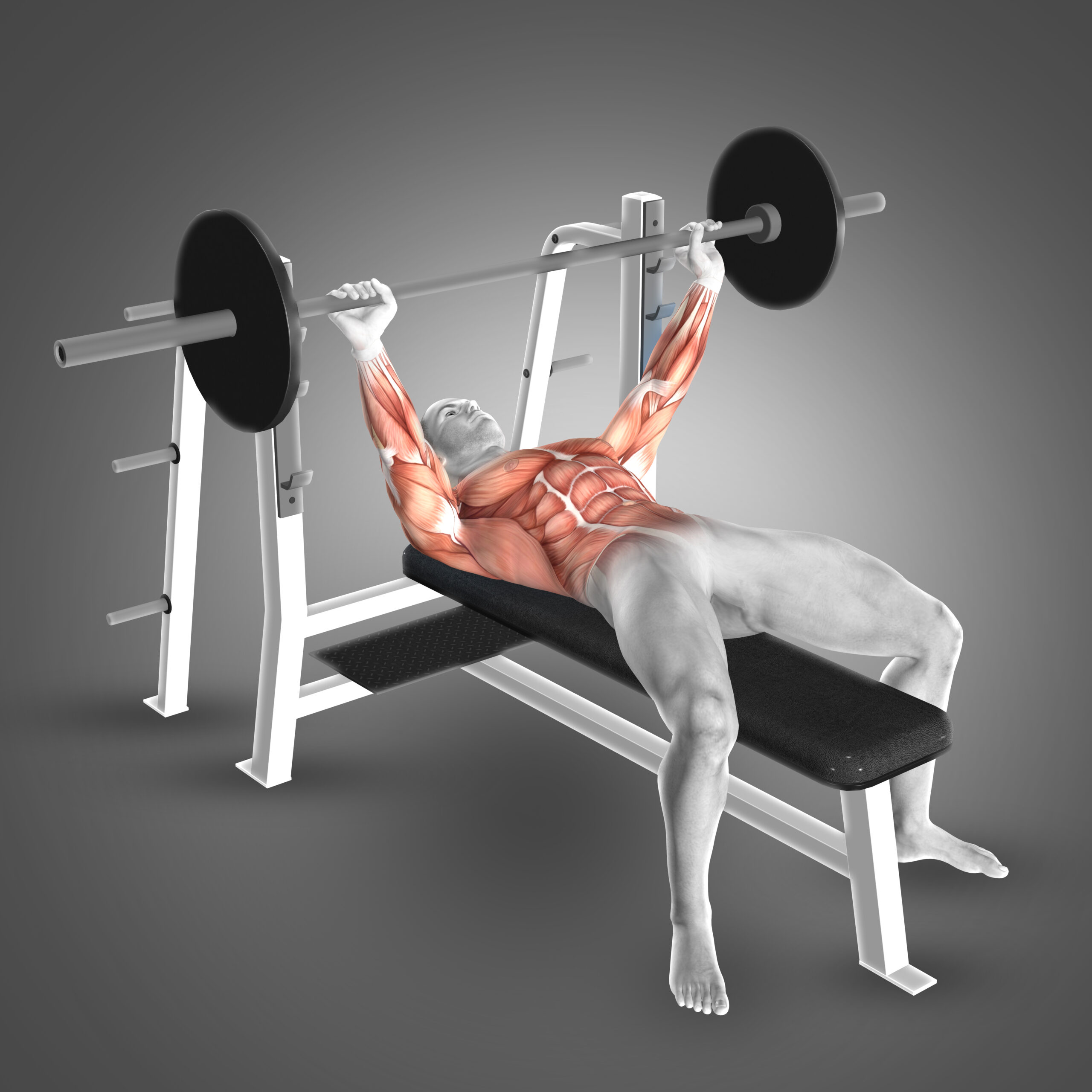
One of the best upper body mass builders is the bench press. For experienced power lifters to newcomers in the fitness industry, knowing how much does a bench press bar weight is very important for the proper training as well as progression. In this blog post we explore the types of bench press bars and how much they weigh as well as why it’s important to know.
The Standard Bench Press Bar
The bench press bar most commonly used in gyms is going to be the standard Olympic 45 Lb (20.4 Kg) long Barbell. This is the bar that most people use to workout and it weights 45 pounds (20.4 kg) length = 7 feet long (2.13 meters). This makes it ideal for both the beginner who has a long way to grow as well experienced athlete or lifter. The bar measures about 2 inches (5 cm) in diameter, making it easy to grip for most handles.
Standard Bar Variations
Women’s Olympic Bar: The women’s Olympic bar is 33 pounds (15 kg), shorter at just over 6.5 feet, and has a slightly smaller grip diameter than the men’s version. This is made to support women, or people who may be irritated by the bulk of a normal bar.
Powerlifting Bar: This type of bar resembles the standard Olympic bar, however as its name implies, it is designed to meet powerlifting contest specifications. It usually weighs 45 lbs (20.4 kg) and very rigid in terms of construction meaning less whip during heavy lifts.
Training Bars: Some gyms have light training bars in 15 to 30-pound range. The Best bars for beginners, or if you are concentrating on form than max effort lifting.
Specialty bars: Other specialty bar like the Swiss Bame, saftey squat Bar or cambered Bars can also use for Bench press. The weight of them can differ so you should confirm with your gym or the bar division in question.
Why knowing the weight matters
Learning how to bench press using a bar is important as it gives you an idea of the weight:
Determine Your Real Weight Lifted: When you are bench pressing, it is the total of bar weight and additional weights that has been added together. This will give you accurate total load calculations that are important if progression is your goal.
No injuries: Workout wise, safety is important when using the correct weight. Making the mistake of lifting overly heavy weights results in bad form, injuries and a halt to your training. By knowing the bar weight, you can know what are your strength limits.
Bench Press Goals: This is a primary concern of many lifters. Knowing the weight of a barbell lets you track your lifts so that over time, you can see if those numbers are going up as other appropriate changes in training allow.
Form: the biggest challenge for beginners is getting form signifies it would be better to get add weights whenever required. So they should make sure to practice with barbells of the correct weight in order for them not to get hurt while perfecting their skill.
Bench Press How to (use proper form and more)
Grip Width
The width of your grip on the bar can affect how well you perform and which muscles are targeted during the bench press. A wider grip brings the chest more into play, and a narrower grip provides better tricep activation. It is trial and error of the grips to see which one commands your body into a proper stance.
Foot Placement
Closely related is foot placement and timing. Your feet must be planted on the ground and providing increased stability, effort throughout the lift. Do not pick up your entire foot as this results in instability and increased risk of injury.
Lowering the Bar
As you lower the bar, it should hit around your mid-chest so that your elbows are at a 45-degree angle from your body. This position helps protect your shoulders and allows for full range of motion.
Breathing Technique
Breathing is of the utmost importance to lifting. Inhale while you lower the bar and exhale explosively as you press it up. The breathing is what sets the core stable and it supplies the power for that lift.
Common Mistakes to Avoid
Skipping Warm-Up: Never lift without proper warm up. The preparation is beneficial to prevent injury by preparing the muscles for exercise.
Going Too Heavy: You may feel you need to put as much weight on the bar and this can quickly take away any time under tension while in turn setting yourself up for serious injury. Beginning: Light weight and can ramp up over time as you get stronger.
Although bench presses only feature heavier weight, you must always make sure to use a spotter when performing heavy sets. This is a good way to stay safe, and lift with confidence.
Skipping Recovery: You need to give a chance for your muscles recover, so they grow and gain strength. Take a rest day to avoid overtraining.